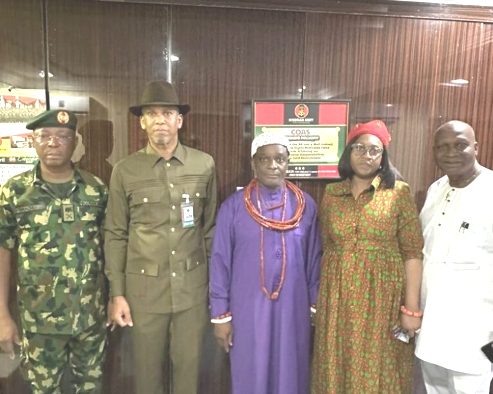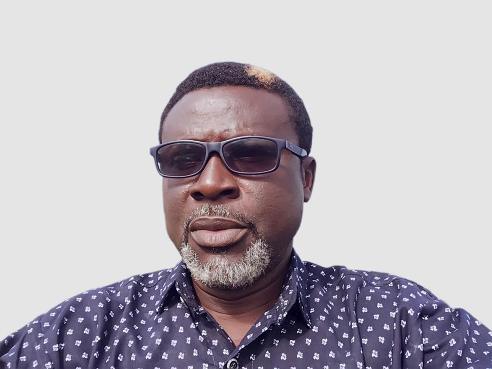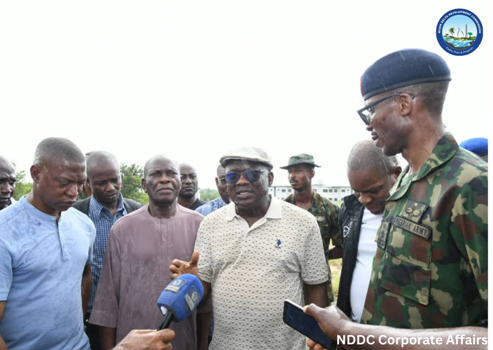Singapore To Build 200mw Electricity Power Plant In Ashama Village Of Delta State

LAGOS MARCH 3RD (URHOBOTODAY)-Nigeria’s power sector is set for a boost, following the development of the Ashama 200 megawatts solar PV power plant by B&S Power Holding Pte, a Singapore-based renewable energy corporation.
Speaking during a media chat and project roadmap presentation of the solar power project in Lagos, the Vice President of Green Plinth Africa, and a co-founder of the power project, Prof. Victor Fodeke, stated that the project is timely considering Nigeria’s current need of energy supply to sustain industrial and business activities for economic growth.
In his words: “African countries will need to embrace renewable energy especially solar because while Africa contributes less than four percent to emission, it is going to be impacted more by climate change than advanced countries, which have technologies that would reduce the impact.
“The 200mw solar project will reduce about 200 million metric tonnes of carbon, curbing gas emission, sanitizing the climate and offering healthier life for Nigerians. The project is expected to be completed between nine and 15 months.”
Also, while speaking at the presentation via zoom video conferencing, the Minister of Power, Mamman Saleh, said that the administration of President Muhammadu Buhari is committed to the nation’s electrification strategy to avail Nigerians reliable, sustainable and affordable power.
“In Nigeria, we are committed to a national development path that is guided by the desire to diversify the economy away from oil with a focus on the agricultural and manufacturing sectors of the economy, this means the power system is central to achieving this desired goal of economic diversification.
“This requires us to develop and implement an overarching unified path to electrification leveraging both grid modernisation and extension; and renewable energy based distributed systems integration in the power system.
“In recognition of this, the Federal Government of Nigeria under the leadership of President Muhammadu Buhari has launched vision 30:30:30, a target to deliver 30GW of electricity with 30 per cent renewable energy by 2030.
“This is a key focus of the nation’s electrification strategy to avail Nigerians reliable, sustainable aBy Sebastine Obasind affordable power.”
Saleh, who was represented by his senior adviser, Abba Aliyu disclosed that the ministry under his leadership had developed five focus areas to serve as a roadmap to support the national policy directive.
He explained that government key policy intervention in the sector “is to improve access to power, through increased focus on embedded generation, off-grid power generation solutions, and on-grid independent power generation.
“The objective of our off-grid policy is to attract investment into the off-grid arena. Today’s event serves as a feedback to our strategy. The Ashama 200MW Solar Farm, when completed, will serve as the biggest utility solar project not only in the country but the West African region.
“This landmark project will be developed in partnership with Singapore based renewable energy firm, B&S Power and SunnyFred Global. From the project documentation, it will be located on about 304 hectares of land in Ashama village, Aniocha South of Delta State. Greenplinth Africa are consultants and strategic partners to the project promoters.”
Energy supports the provision of basic needs. Energy also fuels productive activities including agriculture, manufacturing, and industries
The supply of electricity, the country’s most-used energy resource, has been erratic as a result of inadequate development and inefficient management;
Most primary energy consumption in Nigeria was derived from natural gas, petroleum and other liquids (97%).
Traditional biomass and waste (typically consisting of wood, charcoal, manure and crop residues) coal, renewables accounted for only a marginal amount of consumption (3%) in 2017 Energy info administration data
Sourcing of fuel wood for domestic and commercial uses is a major cause of desertification in the arid-zone states and erosion in the southern part of the country.
The rate of deforestation is about 350,000ha/pa, which is equivalent to 3.6% of the present area of forest and woodland
The situation in the rural areas of the country is that, most end users depend on fuelwood, this’s used by over 70% of Nigerians living in the rural communities
Most of the energy from petroleum products available in Nigeria can be mainly accessed from urban areas, the more rural an area is, the most expensive energy costs are and access to energy more challenging,
There is however an energy crisis that has engulfed Nigeria over four decades and has only been able to meet about 28% of her energy needs, this has largely contributed to the incidence of poverty by paralyzing industrial and commercial activities during this period.
Vanguard






















